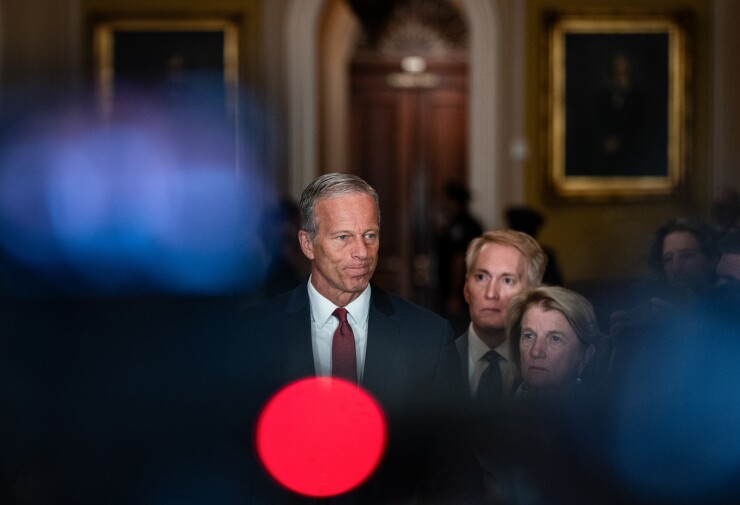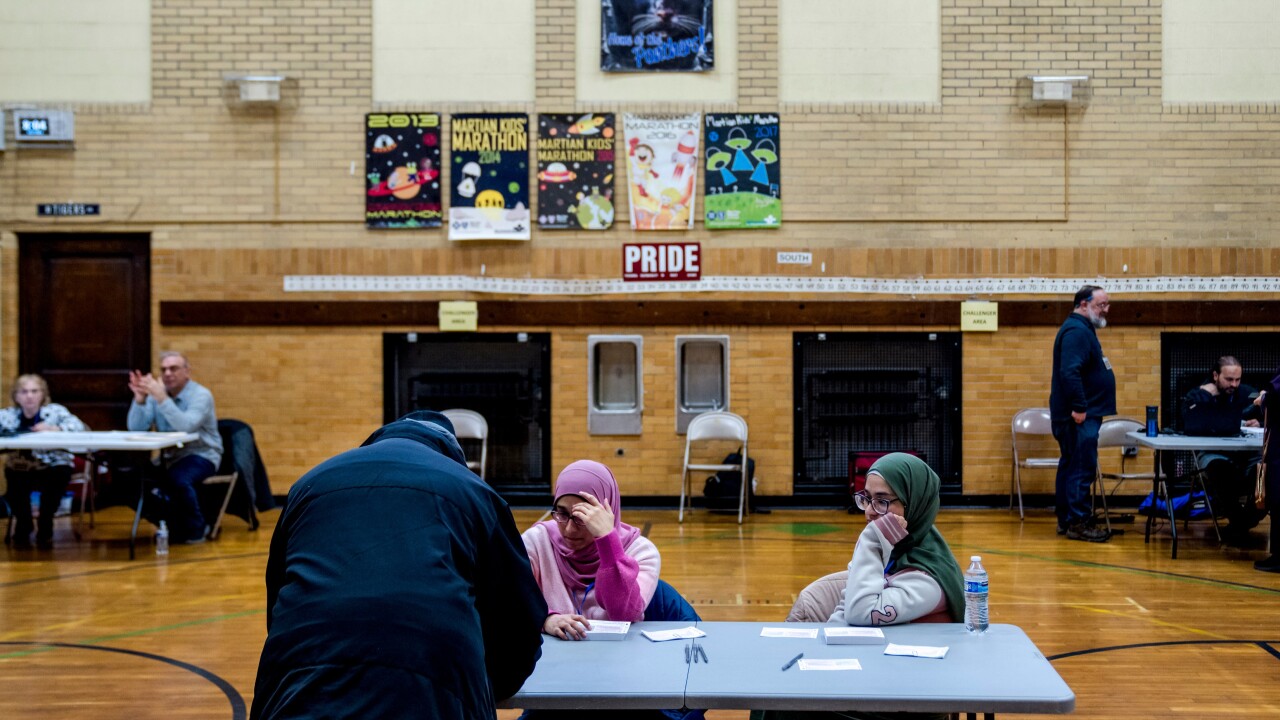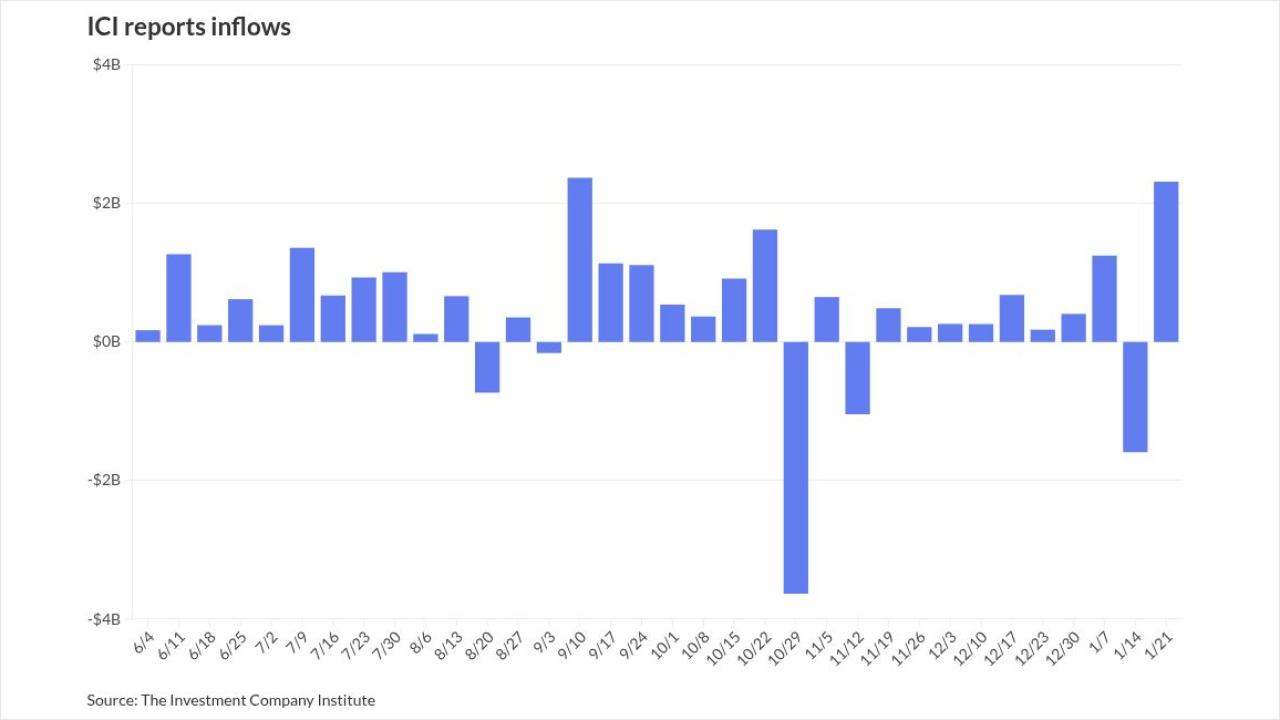
Senate Republicans are eying a $15 billion relief fund to protect rural hospitals from Medicaid cuts in the "one big beautiful bill," even as large parts of the bill appear to be in jeopardy.
The stabilization fund is an effort to placate GOP senators who are unhappy with the proposed Medicaid cuts in the Senate's version of the tax and spending bill. North Carolina, Iowa, Oklahoma, Missouri and Kentucky are among states facing the largest cuts.
As GOP leaders look to fix the rural hospital problem, the Senate parliamentarian has knocked out major cost-saving provisions for violating the Senate's Byrd Rule and making them subject to a 60-vote threshold if included in the bill.
Senate Majority Leader John Thune, R-S.D., said Thursday the Senate would not seek to override Parliamentarian Elizabeth MacDonough despite some conservative Republicans calling to override her. "No, that would not be a good outcome for getting a bill done," Thune told reporters Thursday. He called the rulings "short term setbacks; speed bumps, if you will. We're focused on the goal."
Republicans will likely try to tweak the Medicaid cuts and may need to find more offsets, a move that the
To meet the Republicans' ambitious July 4 deadline to pass the bill, Thune had planned a Friday vote on the measure, but now that's likely to be pushed back until the weekend, according to reports. "We're plowing forward and when we actually get on it still is an open question, but rest assured, we will," Thune said.
Investors and issuers were
The proposed rural hospital relief fund would make available $3 billion every year from fiscal year 2027 through 2031 for a total of $15 billion for rural hospitals, according a memo circulated by Senate Finance Committee Republicans.
The money would available to all 50 states. Of the annual $3 billion appropriation, $1.5 billion would be distributed equally to the 50 states and the remaining $1.5 billion would be distributed to states based on a procedure to be determined by the CMS Administrator. The procedure would take into account a state's rural population, proportion of health care facilities and the "situation" of hospitals that serve low-income patients, the memo said.
The states most affected include several red states: Kentucky, which would lose $4 billion in Medicaid coverage over the next decade; North Carolina, which would lose $2.9 billion over the same period; Iowa, with $2.6 billion; and Oklahoma with $2.3 billion, according to the AHA.
The American Hospital Association has said 48% of rural hospitals operated at a financial loss in 2023.
The S&P Municipal Bond Hospital Index shows yields at 4.44% Thursday, up from 4.18% last July. The S&P Municipal Bond Health Care Index, which includes hospitals and lifecare and nursing sectors, showed yields at 4.63% Thursday, widened from 4.38% last July.





